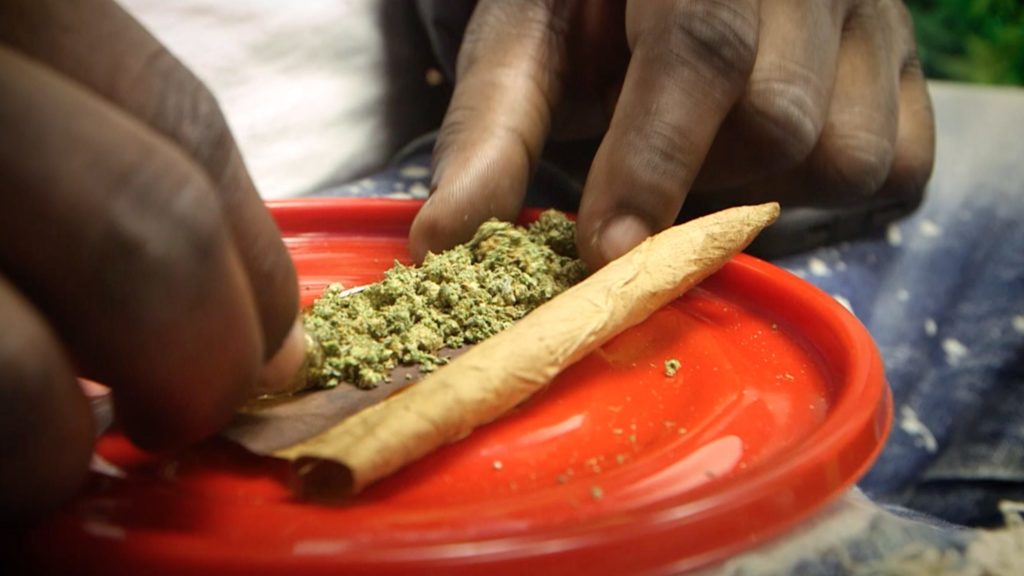It’s only been on the market for less than eight months, but legal weed is already showing meteoric returns that industry experts peg as a harbinger of things to come.
New Jersey cannabis sales neared $178 million in the third quarter, buoyed by a 46% increase in marijuana sold for recreational purposes as the number of “adult use” dispensaries in the state more than doubled, according to figures released by the New Jersey Cannabis Regulatory Commission last week.
Dispensaries brought in more than $116.5 million in recreational sales from July through September, a huge step up from the the nearly $80 million sold in the second quarter. Medical marijuana sales topped $61.1 million, a smaller increase of about 3% over the second quarter.
“This kind of growth isn’t surprising, but we’re still on an upward trajectory for the foreseeable future,” said New Jersey Cannabis Trade Association Executive Director Todd Johnson, cofounder of Community Greenhouse, which holds a conditional dispensary license.
Cannabis industry experts expect big things from New Jersey.
According to the Brightfield Group, a cannabis market and consumer research firm, cannabis sales in New Jersey are expected to reach $283 million by year’s end.
And in five years, the New Jersey market could grow to $1.8 billion, according to Brightfield. Other analyses puts the estimate at nearly $3 billion.
Johnson believes a billion-dollar industry isn’t far off, with sales now averaging close to $10 million per week.
“It’s very doable,” he said. “This is an extremely strong trajectory that’s taking us forward.”
There are currently 30 medical marijuana dispensaries in the Garden State. Twenty-one of them are currently selling legal weed for recreational customers, as well, with a 22nd dispensary — Harmony Dispensary in Secaucus — approved by the CRC to begin those sales soon.
More are likely on the way. There are still eight medical marijuana dispensaries in towns that have prohibited recreational sales, but the number of municipalities choosing to reverse course is slightly creeping up.
And over the last year, the Cannabis Regulatory Commission has issued hundreds of licenses to potential dispensary operators, including annual licenses to those with a location already nailed down.
But as of this month, only eight operators were in control of the 21 dispensaries selling legal weed. The dearth of competition has thus far resulted in some of the most expensive cannabis in the country.
According to the CRC, average price of an ounce of medical marijuana topped $414 in August. An ounce of marijuana sold to a recreational customer was more than $453 on average.
During the same month, an average ounce of recreational marijuana in Massachusetts — New Jersey’s closest neighbor in the legal weed market — was just $275. In the more than four years legal weed has been for sale in Massachusetts, the average price has never topped $417.
Aaron Miles, chief investment officer for Verano Holdings, said the market will likely grow as the CRC continues to award licenses to new dispensaries and other cannabis businesses. The competition is welcome: A rising tide lifts all ships, he said.
“You have (existing operators) in the state, but you have new players coming in, as well,” Miles said. “I think you’ll consider to see the market develop. We’re still in the beginning stages of what this market is going to eventually look like.”
Verano, based in Chicago, owns and operates three Zen Leaf dispensaries in Elizabeth, Lawrence and Neptune, all of which sell cannabis to recreational consumers.
One variable whose impact is yet to be determined is the hype surrounding legal weed in New Jersey.
It’s still the only state in the mid-Atlantic region to legalize cannabis for recreational purposes, and every step — from the ballot question to licenses to the eventual kickoff of adult use sales — was met with increasing interest.
“There’s always general excitement about a market turning on, and New Jersey was no different. It was a historic event with very long lines and people who really wanted to participate,” Miles said. “But we’re still witnessing very strong demand, but as you see some of that general excitement taper off, I think you’ll see the market normalize a little bit.
“You’ll still see that growth but at what level remains to be seen.”
H/T: www.app.com



